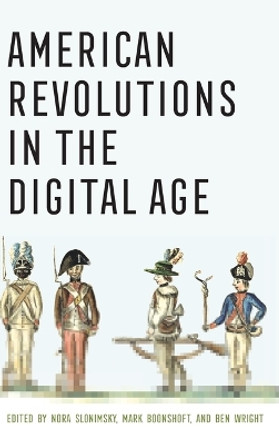During the Arab uprisings of early 2011, which saw the overthrow of Zine el-Abadine Ben Ali in Tunisia and Hosni Mubarak in Egypt, the role of digital media and social networking tools was widely reported. This was also recognized by the very authorities fighting against popular pressure for change, and the Egyptian government's attempt to block internet and mobile phone access in January 2011 demonstrated the extent to which it was seen as powerful and potentially subversive tool. What is yet to be examined is the local context that allowed digital media to play this role: Egypt, for example, a history of online activism laid important ground work for the scenes in Tahrir Square. Here, David Faris argues that it was circumstances particular to Egypt, more than the 'spark' from Tunisia, that allowed the revolution to take off: namely blogging and digital activism stretching back into the 1990s, combined with sustained and numerous protest movements and an independent press. Dissent and Revolution in a Digital Age tracks the rocky path taken by Egyptian bloggers operating in Mubarak's authoritarian regime to illustrate how the state monopoly on information was eroded, making space for dissent and digital activism.
A lively examination of the bloggers and online activists in Egypt which spearheaded the uprisings of 2010 and 2011.About the AuthorDavid Faris is Assistant Professor of Political Science at Roosevelt University, where he teaches Egyptian and Middle Eastern Politics. He holds a PhD in Political Science from Pennsylvania University.
Book InformationISBN 9781784532079
Author David FarisFormat Paperback
Page Count 288
Imprint I.B. TaurisPublisher Bloomsbury Publishing PLC
Weight(grams) 314g










